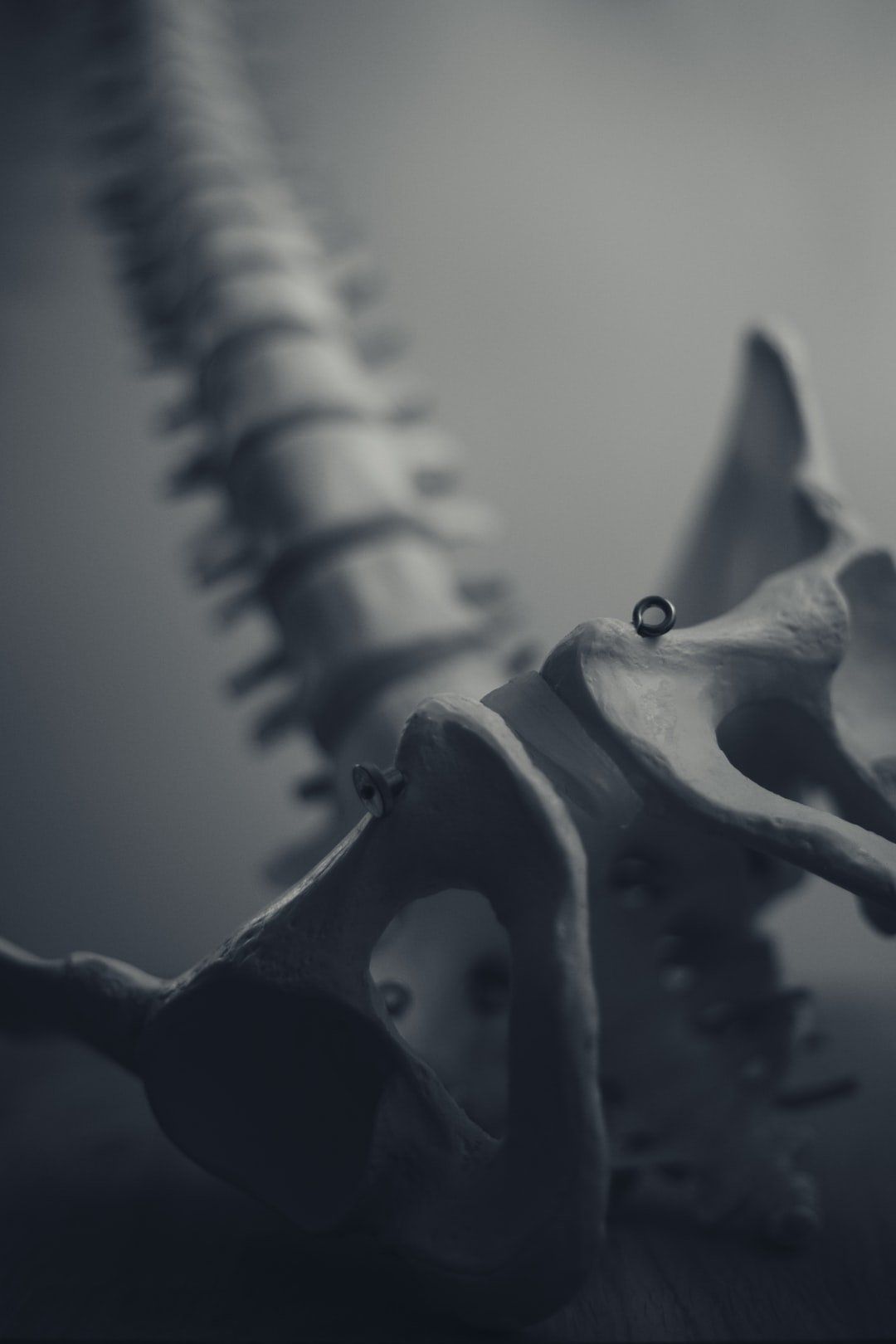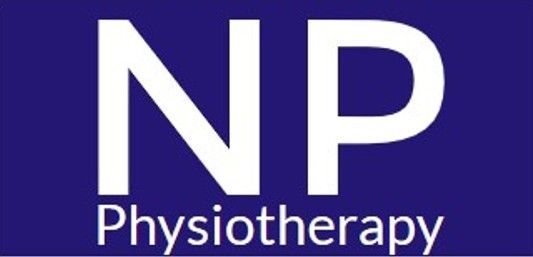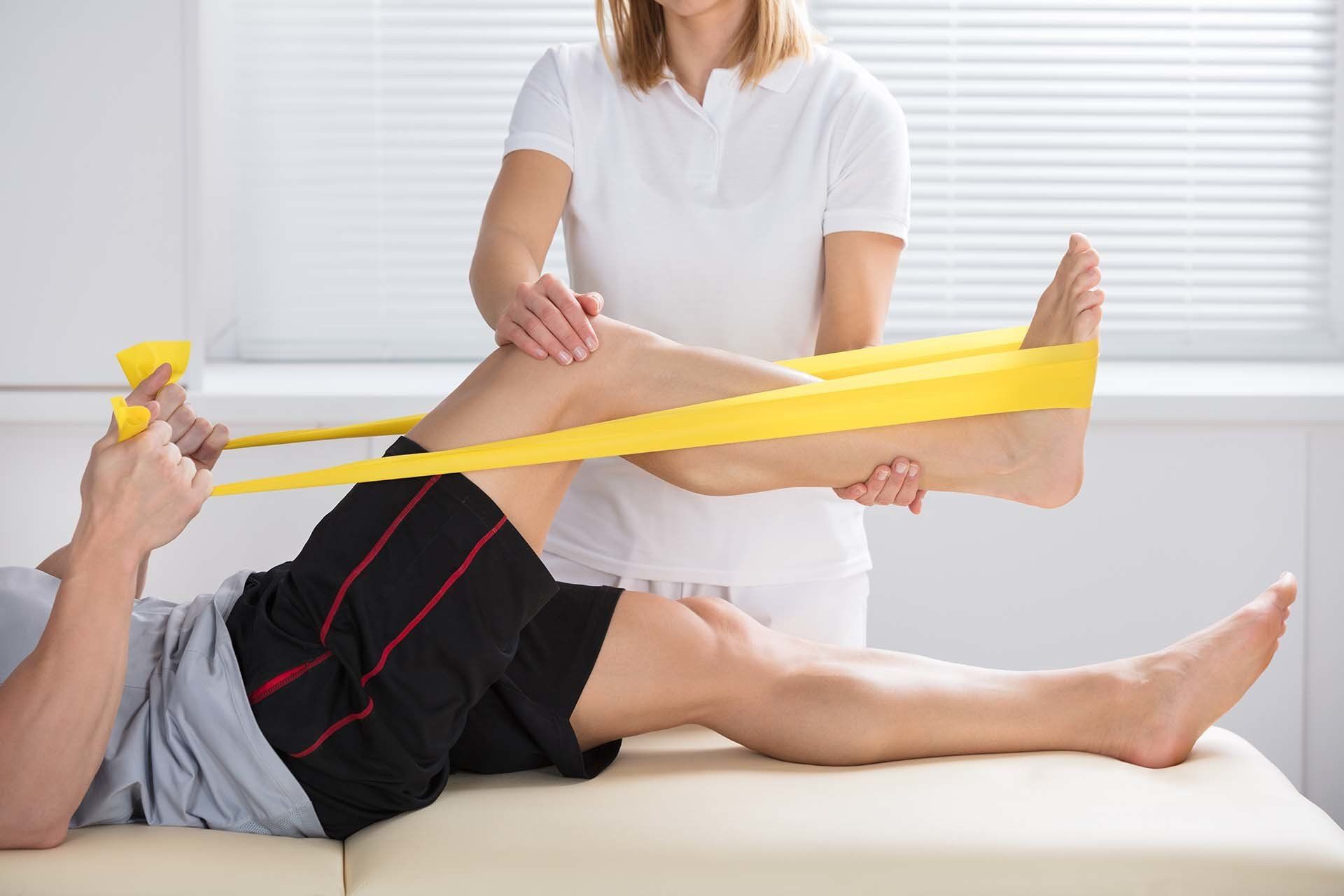Blog

The Chartered Society of Physiotherapy's (CSP's) Pelvic Obstetrics and Gynaecological Physiotherapy (POGP) have welcomed the National Institute for Health and Care Excellence (NICE) guidelines recommending supervised pelvic floor training programmes for women with pelvic floor dysfunction. POGP chair Dr. Kate Lough added " This guideline is a very welcome step towards a strategy for lifelong pelvic floor care for all women, helping to reduced the normalisation of pelvic floor dysfunction at key life stages such as childbearing and older age. " The draft guidelines recommend a supervised pelvic floor muscle training programme of up to 4 months for women with pelvic organ prolapse and urinary/faecal incontinence (leaking). In addition, to include pelvic health classes in schools and recommending a community based multidisciplinary team approach for the management of pelvic floor dysfunction.

The aim is to increase the awareness of bladder and bowel problems and to highlight that help is at hand, and it is no longer something to feel ashamed of. The World Health Organisation have estimated that there are 200 million people who suffer from some type of continence problem, with the NHS estimating figures of between 3 and 6 million people in the UK alone. Common types of incontinence include, stress, urge, functional, mixed incontinence and neurological bladder disorders. Stress incontinence – the most common type and occurs when the pelvic floor muscles, that support the bladder, weaken. Any increased pressure on your bladder, such as laughing, sneezing and lifting, may cause urine to leak as the pelvic floor muscles are unable to tighten enough to stop the flow. Urge incontinence – known as overactive bladder and occurs when you have a sudden urge to urinate without warning. Functional incontinence – due to physical or mental illness, some are unable to reach the bathroom in time. Neurological incontinence – when the brain and the bladder cannot communicate properly due to neurological dysfunction. Treatment will depend on what type of incontinence you suffer from but does include pelvic floor muscle training, changes to lifestyle, bladder training and advice, and may include medication if necessary. At NP Physio, a detailed and specific assessment will be carried out, followed by a bespoke pelvic floor muscle training programme, advice and bladder retraining. Women and men who carry out pelvic floor exercises, report fewer leaking episodes and better quality of life. Do not hesitate to make an appointment if you suffer with any of the above and remember, do not suffer in silence!

Lots of women ask me when they are ready to return to running after having a baby. There has been a lot of research done in this area and safe to say there is not one guideline that fits all. The general advice suggests after 3 months postnatal but that depends on many factors. Running is a high impact sport placing a lot of demand on the body. It has a 4.59 fold increased risk of pelvic floor dysfunction compared to low impact exercises. It is a fantastic form of exercise but just need to be fully prepared. Postnatal women need time to heal especially the abdominal and pelvic floor muscles. Following vaginal delivery and caesarean it can take up to a year to recover. Recovery of muscles, nerves and connective tissues can take between 4-6 months after delivery minimum. There are some keys signs/symptoms that should delay your return to running such as a heavy or dragging sensation around the perineal area, incontinence or moderate to severe pain. There are other factors that also need to be considered such as weight, pre-pregnancy fitness, breathing, psychological status, abdominal separation, sleep, breast feeding and much more...... When you are ready to return to running, you should start 1-2 minutes at a very gentle pace. Maybe consider couch to 5k which alternates running / walking. Keep an eye on the key signs mentioned above and modify your programme accordingly. A total weekly running distance /time should not be increased by more than around 10% per week. Any pain should be kept mild (less than 3 out of 10 on a pain scale). At NP Physio, I can offer a full assessment of pelvic floor muscles, load / impact assessment and strength testing to ensure key muscle groups are prepared to return to running or sports. You can then commence a full rehab programme at Fitwell studio using reformer / cadilac machines, which offers the perfect assistance / resistance for postnatal clients. Any queries do not hesitate to book an appointment. There is plenty to do to ensure you are ready to return to running safely. 👍







